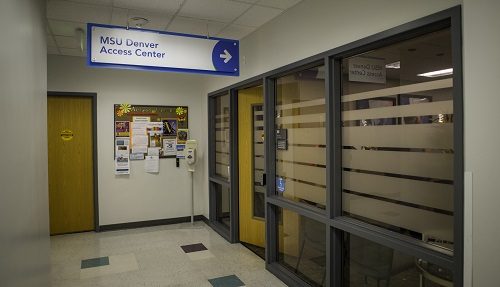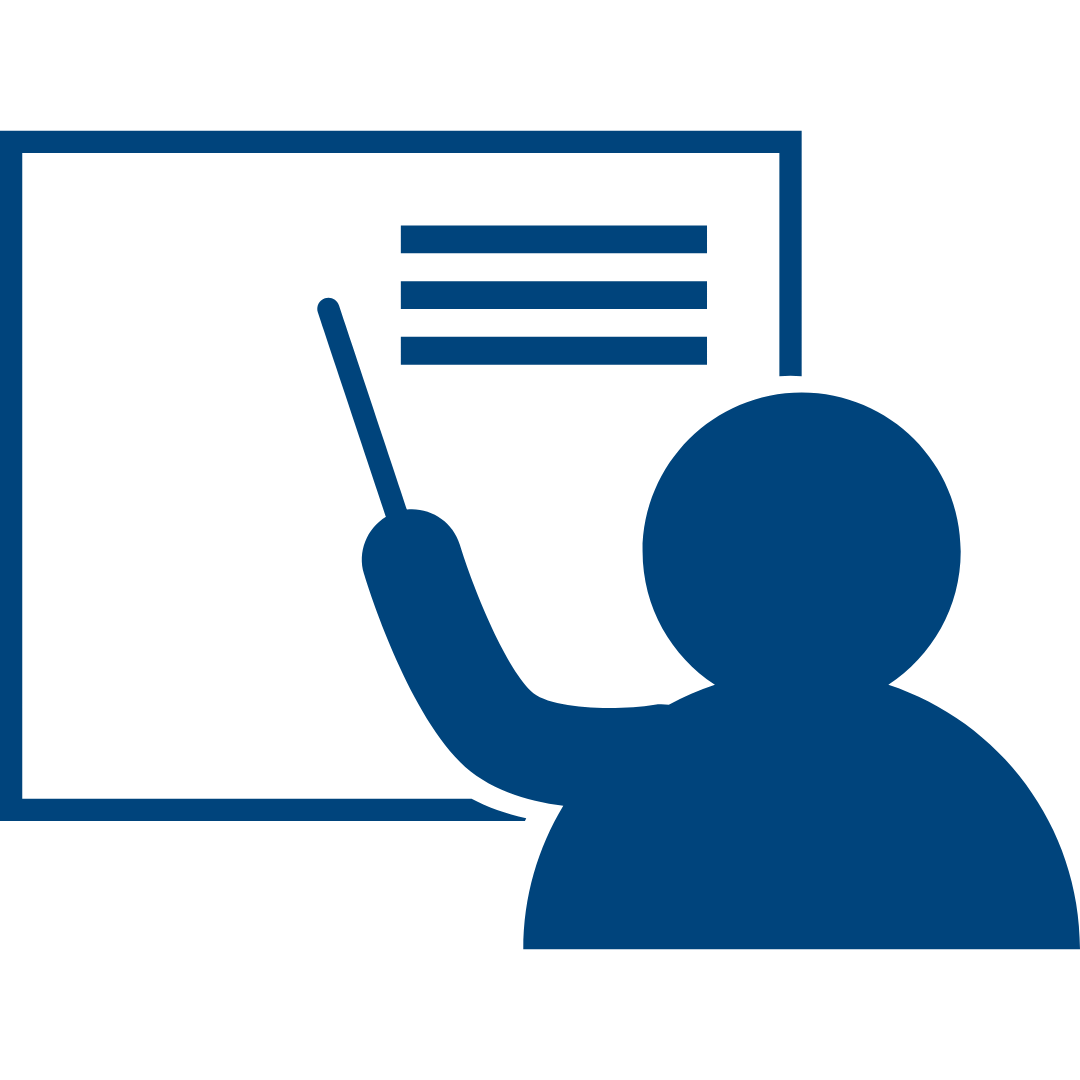Accommodation letters are only issued after a student has met with the Access Center and engaged in an interactive process to determine eligibility for accommodations based on their diagnosed disability. Students must provide documentation of their disability as part of the interactive process.
Accommodations are determined on an individualized basis for each student based on how their disability impacts them.
An accommodation letter identifies the approved reasonable accommodations that will provide the student with equitable access.
Accommodation letters do not contain disability or health related information for privacy reasons.
Faculty should never ask a student to disclose their disability or provide supporting documentation. If a student volunteers to share documentation, faculty should inform the student that is not necessary.
Accommodation letters are considered confidential documents and any discussions with a student regarding their letter should be done in a private setting.
Accommodation letters should be stored in a secure file and only shared with other professional staff on a need-to-know basis.
Accommodation letters should be purged from stored files at the end of each semester.
New accommodation letters are issued each semester which requires each student to submit a request to the Access Center.
Accommodations are not retroactive and go into effect as of the date the accommodation letter is issued unless instructed otherwise from the Access Center.
Faculty must follow the instructions on the accommodation letter and never deny providing an accommodation. If faculty think an approved accommodation would compromise an essential course requirement or standard then they must consult with Access Center professional staff.
If a student asks to be provided with a disability related accommodation that is not listed on their letter, the student should be directed to the Access Center. Deviating from providing only the listed accommodations could result in inequitable treatment to other students.
The Access Center professional whose name appears at the bottom of the accommodation letter is the one to contact related to any questions or assistance needed with implementing approved accommodations.




